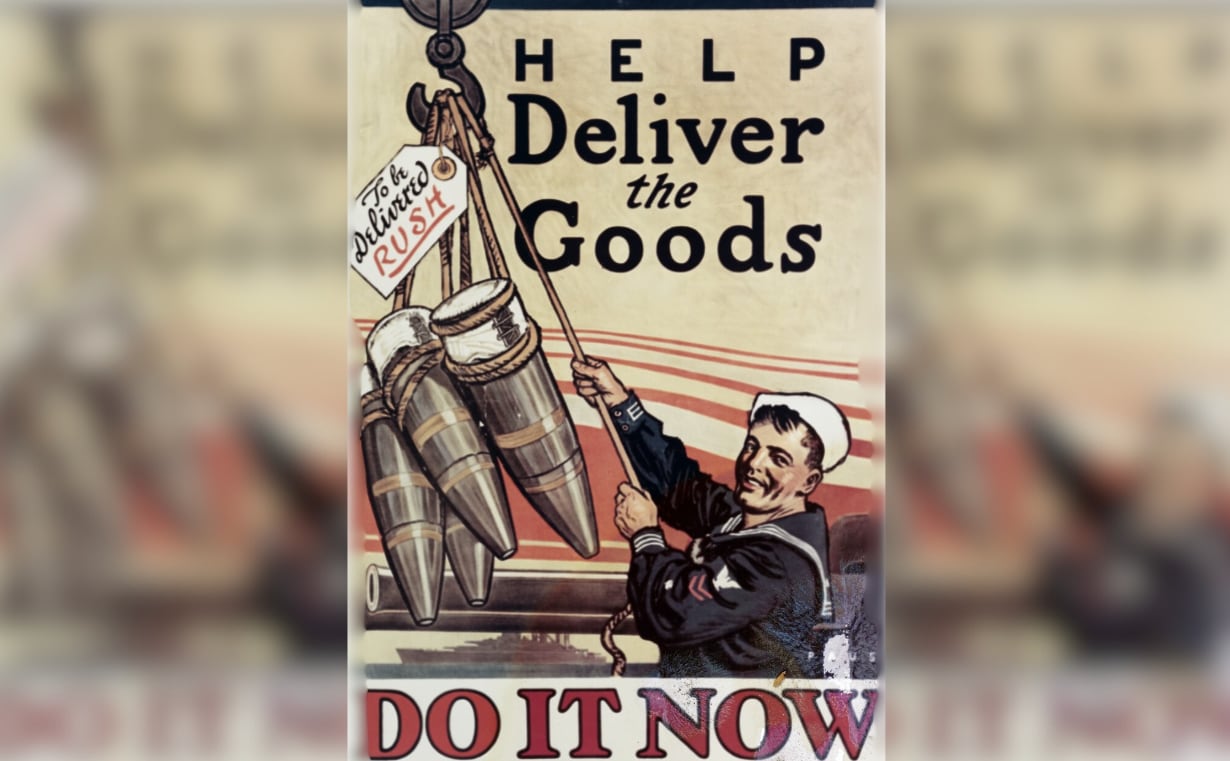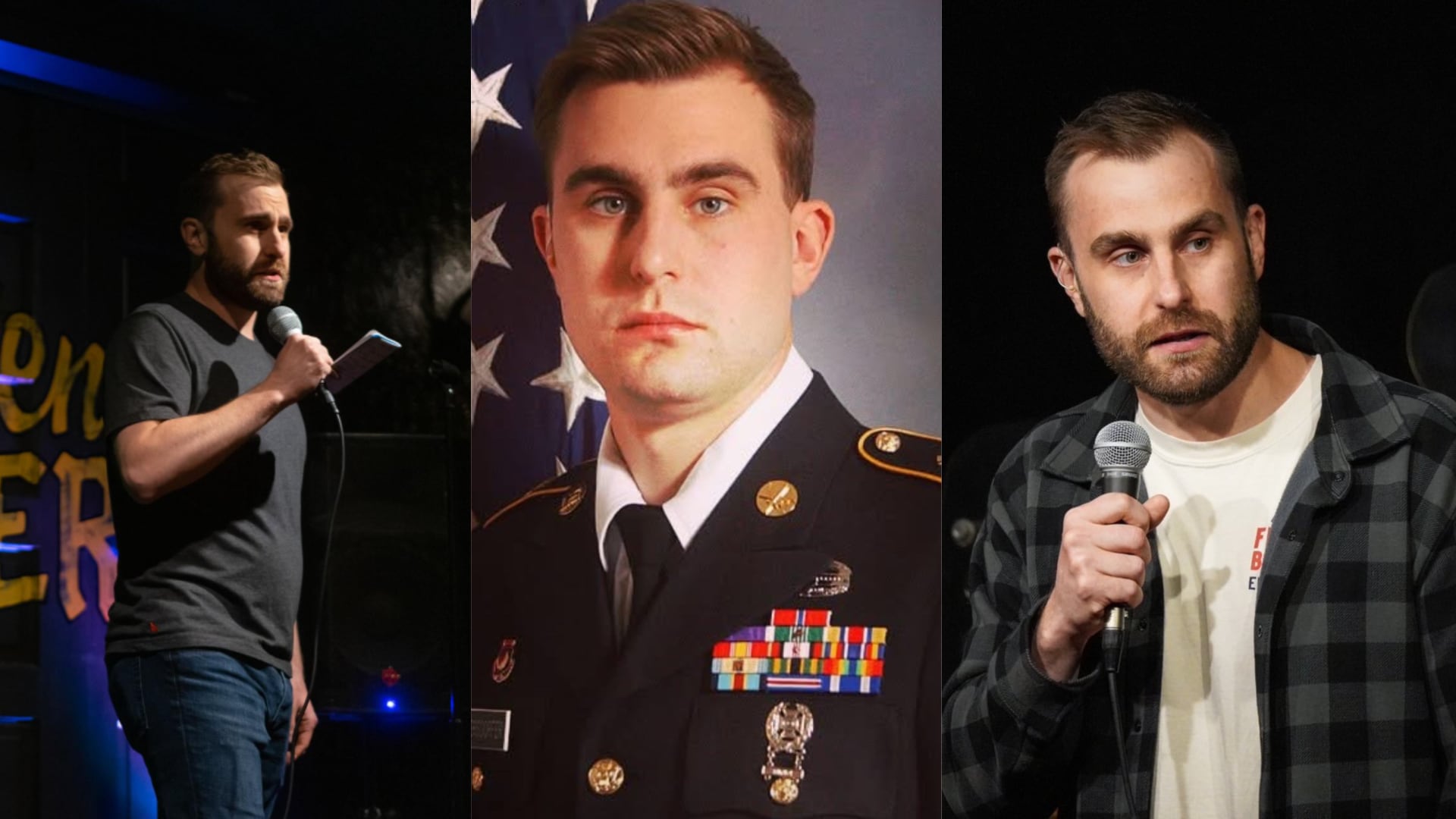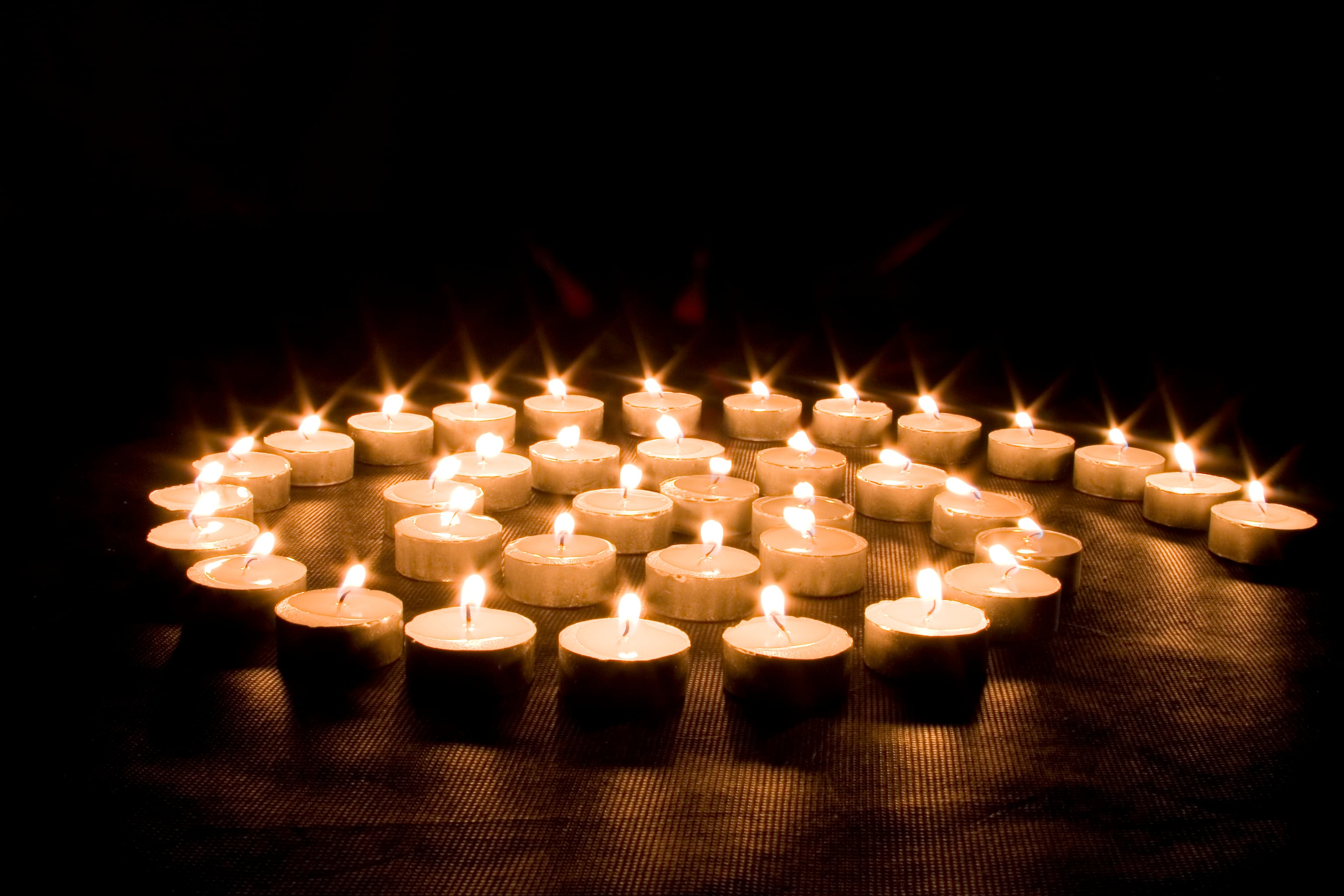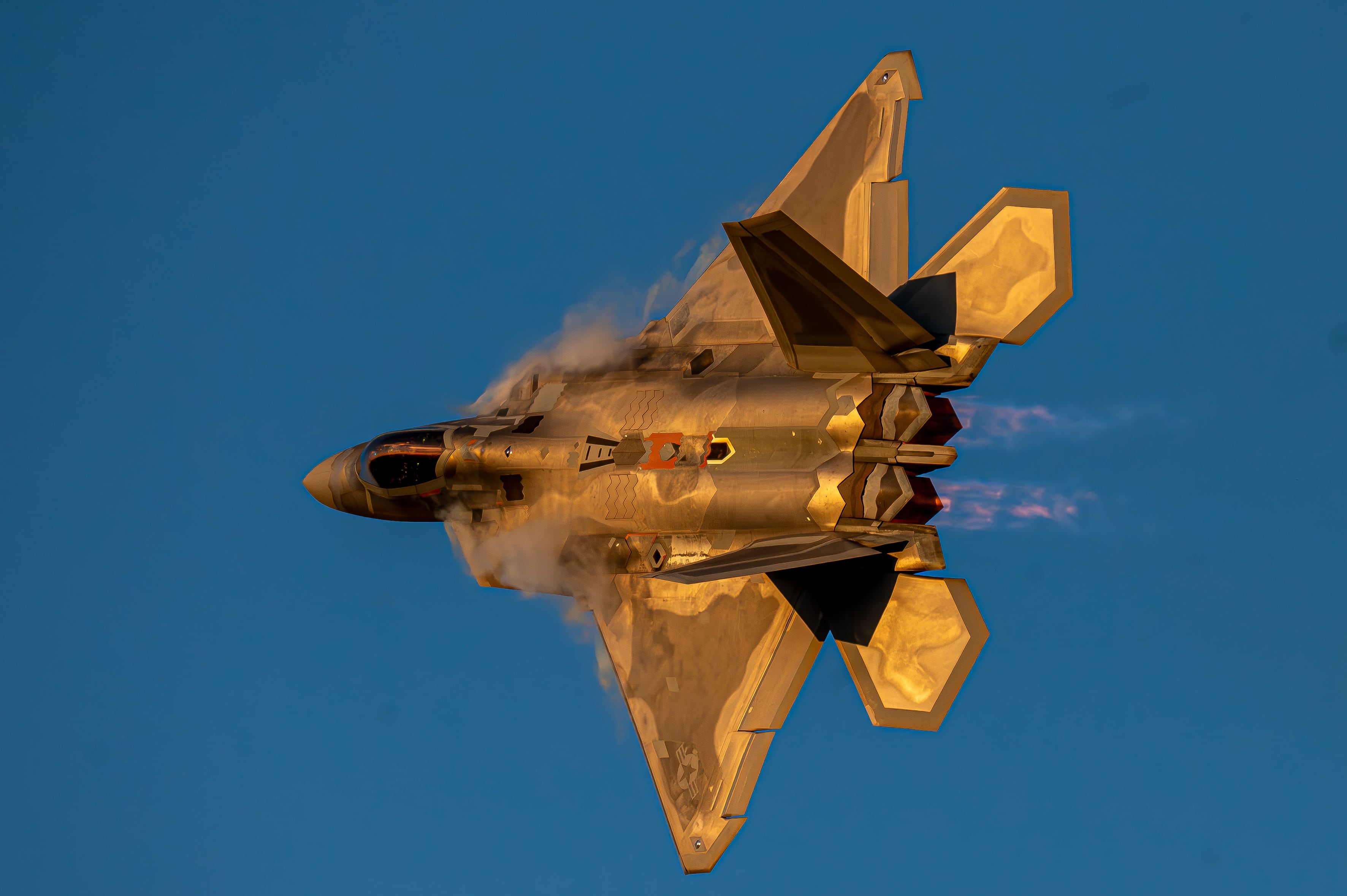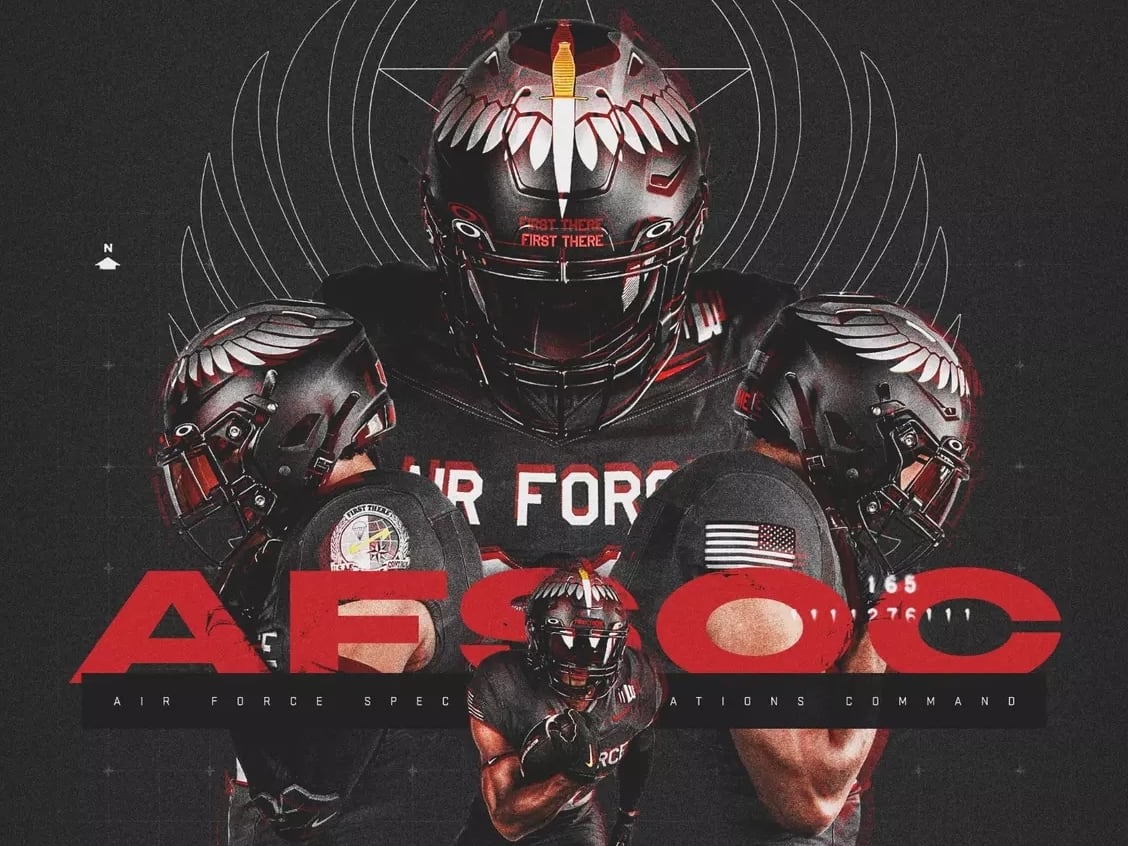America’s first Black Air Force chief of staff and the first Black Captain America teamed up Thursday to save the planet — er, for a pre-taped online discussion on minority advancement in pop culture and the military, one moderated by Variety Hollywood reporter Angelique Jackson.
Gen. Charles “CQ” Brown is a decorated pilot and the first Black man to serve as the top uniformed officer of one of the U.S. armed services. Actor Anthony Mackie plays Sam Wilson, an airman-turned-superhero who recently assumed the mantle of Captain America in the Marvel universe.
Mackie was bestowed with the title “Cap” in the limited television series “The Falcon and the Winter Soldier” after previous title-holder Chris Evans bowed out of the franchise at the conclusion of “Avengers: Endgame.”
The changing of the fictional guard has coincided with a very real reckoning on race in America, starting with the handoff of Cap’s iconic shield in 2019 — before George Floyd’s May 2020 death in the custody of a white Minneapolis police officer spurred protests over police brutality and systemic racism — to Wilson’s acceptance of the title in 2021, nearly a year after those events riled international communities.
RELATED
Stop everything, and watch the likely next Air Force chief of staff’s powerful statement on race
Brown, who was confirmed as Air Force chief of staff at the height of those tensions in June 2020, compared Wilson’s reluctant airman-Falcon-Captain America journey to his own rise through the ranks.
The four-star didn’t join the Air Force expecting to one day lead it, nor did he aspire to the position just a few years ago. But when the opportunity presented itself, he took it.
“I think the series actually did a good job of capturing the aspect of being offered an opportunity, and in some cases, not feeling that you’re fully qualified, but want to ensure that, if you do take on the responsibility, that you are able to represent because a lot of folks are watching,” Brown said.
It was meaningful to watch the evolution of “someone with … humble beginnings to come to where he is and have the opportunity and the realization that ‘I can do this,’” he added.
Brown said he empathizes with pursuing an opportunity while leaning of the support of others, as well as the notion that his white counterparts — like Bucky Barnes, Wilson’s odd-couple teammate portrayed by Sebastian Stan — might not understand the extra burden of being a “first” in a role.
A particular fact-meets-fiction piece of the show, meanwhile, proved emotional for Mackie: the storyline of Isaiah Bradley, an elderly Black Army veteran who served as a secret guinea pig for the super-soldier serum that, once perfected, transformed a scrawny Steve Rogers into the celebrated Captain America. Bradley’s story, however, was lost to history.
Mackie moved to New York in 1997, landing in Harlem among neighborhoods called home by Black veterans of Vietnam and World War II. Reading the scenes about Bradley, played by Carl Lumbly, evoked feelings about those service members, he said, and echoed other events in American history, such as the medical exploitation of the Tuskegee syphilis experiment.
“There is a group of soldiers, in our history and our legacy as a country, who have been neglected and denied,” Mackie said. “It was more than just about Sam or Captain America. It was truly something that we did for all those soldiers who haven’t been recognized, who haven’t had a movie made about them, who weren’t rewarded when they came back from war, fighting for this country.”
Sam Wilson isn’t only “Black Cap,” Mackie added, but “Captain America for all.”
A noted Spider-Man enthusiast, Brown’s own experience in a cockpit reads like a superhero origin story: In 1991, his F-16 Fighting Falcon caught fire when its fuel tank exploded from what is believed to be a lightning strike. Brown safely ejected with the jet traveling more than 300 mph, moments before the plane crashed into the Florida Everglades, according to the Washington Post.
Instead of being imbued with superhuman flight (or barbecue skills), Brown said his superpower is breaking down complex problems and trying to “make [the military] better than when I got into this position.”
RELATED
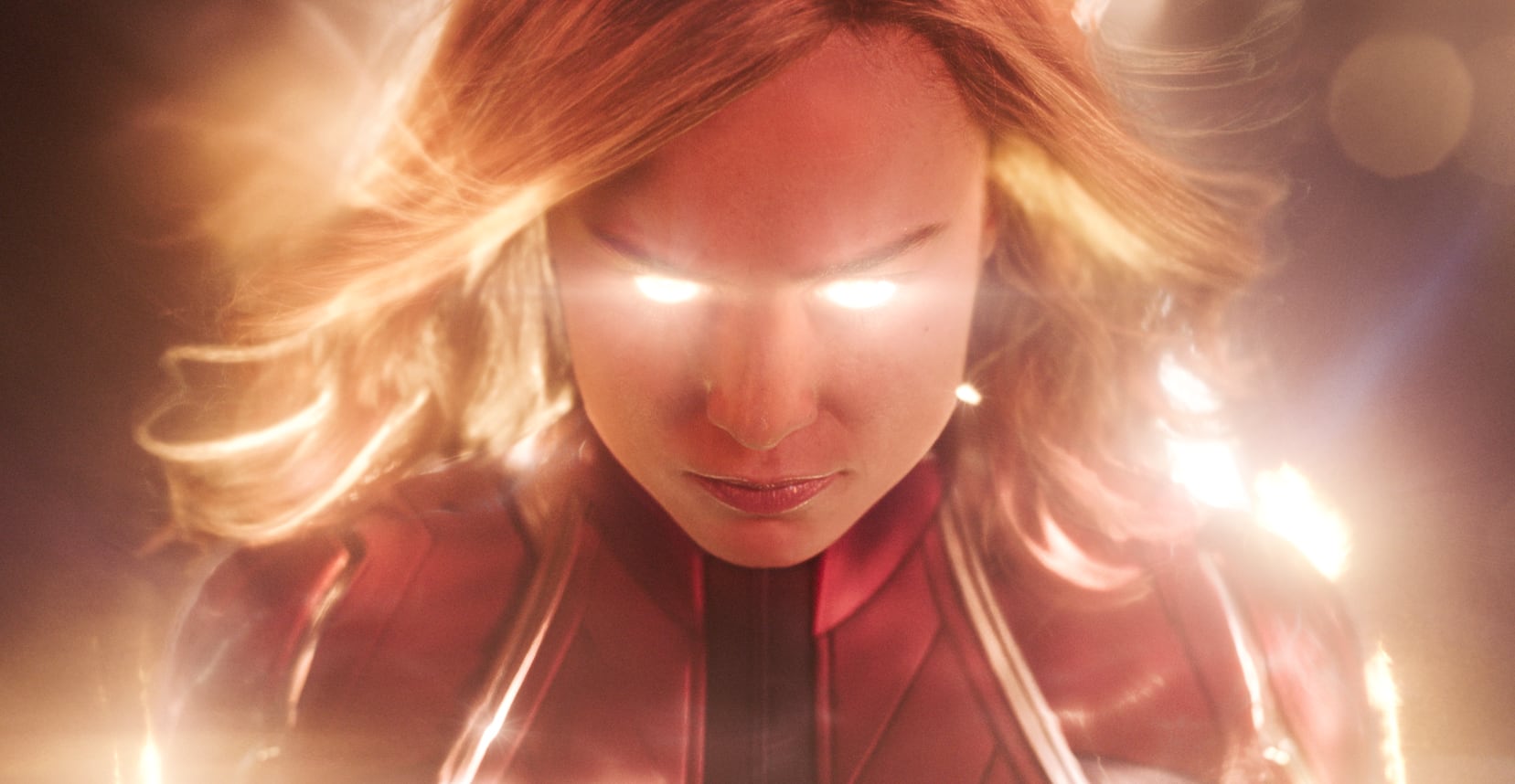
“I really believe ... young people only aspire to be what they’ve been exposed to,” he added. “That’s an important aspect of being able to be a role model and opening doors for those that come behind us.”
The Air Force has endorsed that message via policy as well as through Hollywood.
Acknowledging Brown’s almost-40-year career, Mackie made sure to joke about his own service — three days in the Reserve Officer Training Corps. The New Orleans native joked that he joined ROTC because he envied the students who carried flags in Mardi Gras parades. He soon discovered there was more to military life than dancing down Canal Street.
“You guys’ march is very controlled, very regimented. When we march, we’re out there twerking and doing flips and we’re spinning the flags and all this, because it’s Mardi Gras,” Mackie said. “So I was in ROTC for like three days, and I got asked to leave because I wasn’t doing well. All I wanted to do was carry the flag, man, just let me carry the flag.”
As of publication, there’s still no word on whether Brown has been allowed to wear Mackie’s robotic “Falcon” wings.
Rachel Cohen is the editor of Air Force Times. She joined the publication as its senior reporter in March 2021. Her work has appeared in the Washington Post, the Frederick News-Post (Md.), Air and Space Forces Magazine, Inside Defense, Inside Health Policy and elsewhere.
Tags:
MarvelCaptain AmericaAnthony MackieGen. Charles "CQ" BrownAngelique JacksonAvengersThe Falcon and the Winter SoldierSebastian StanBucky BarnesChris EvansSteve RogersIsaiah BradleyDiversity in the MilitaryAir Force DNRMarine Corps DNRGood NewsNavy DNRArmy DNRAvengers: EndgameGeorge FloydFirst Black Air Force Chief of StaffIn Other News






